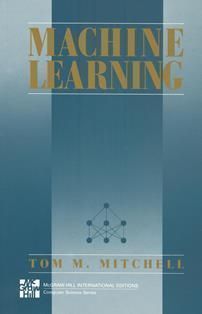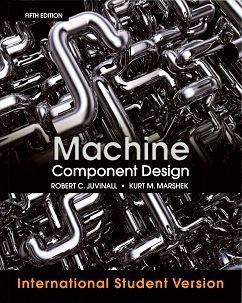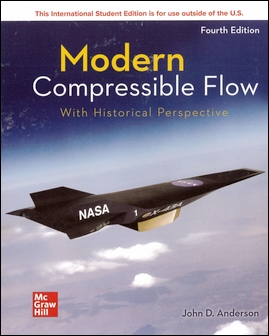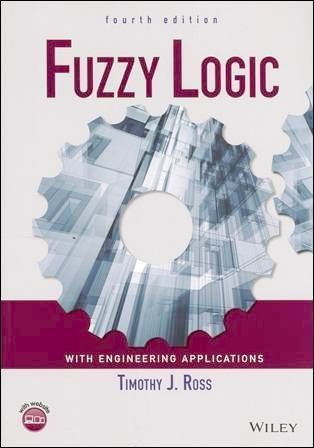書籍分類

Machine Learning
作者:Tom M. Mitchell
原價:NT$ 1,100
ISBN:9780071154673
版次:1
年份:1997
出版商:McGraw-Hill
頁數/規格:414頁/平裝單色
版次:1
年份:1997
出版商:McGraw-Hill
頁數/規格:414頁/平裝單色
內容介紹 本書特色 目錄 作者介紹
- Description
Machine Learning is the study of computer algorithms that improve automatically through experience. Successful applications range from data mining programs that discover general rules from large databases, to information filtering systems that learn users' reading preferences, to autonomous vehicles that learn to drive on public highways.
Machine Learning is an inherently interdisciplinary field, build on concepts from artificial intelligence, probability and statistics, information theory, philosophy, control theory, psychology, neurobiology, and other fields.
This textbook provides a single source introduction to the primary approaches to machine learning. It is intended for advanced undergraduate and graduate students, as well as for developers and researchers in the field. No prior background in artificial intelligence or statistics is assumed.
Several key algorithms, example date sets, and project-oriented homework assignments discussed in the book are accessible through the World Wide Web.







